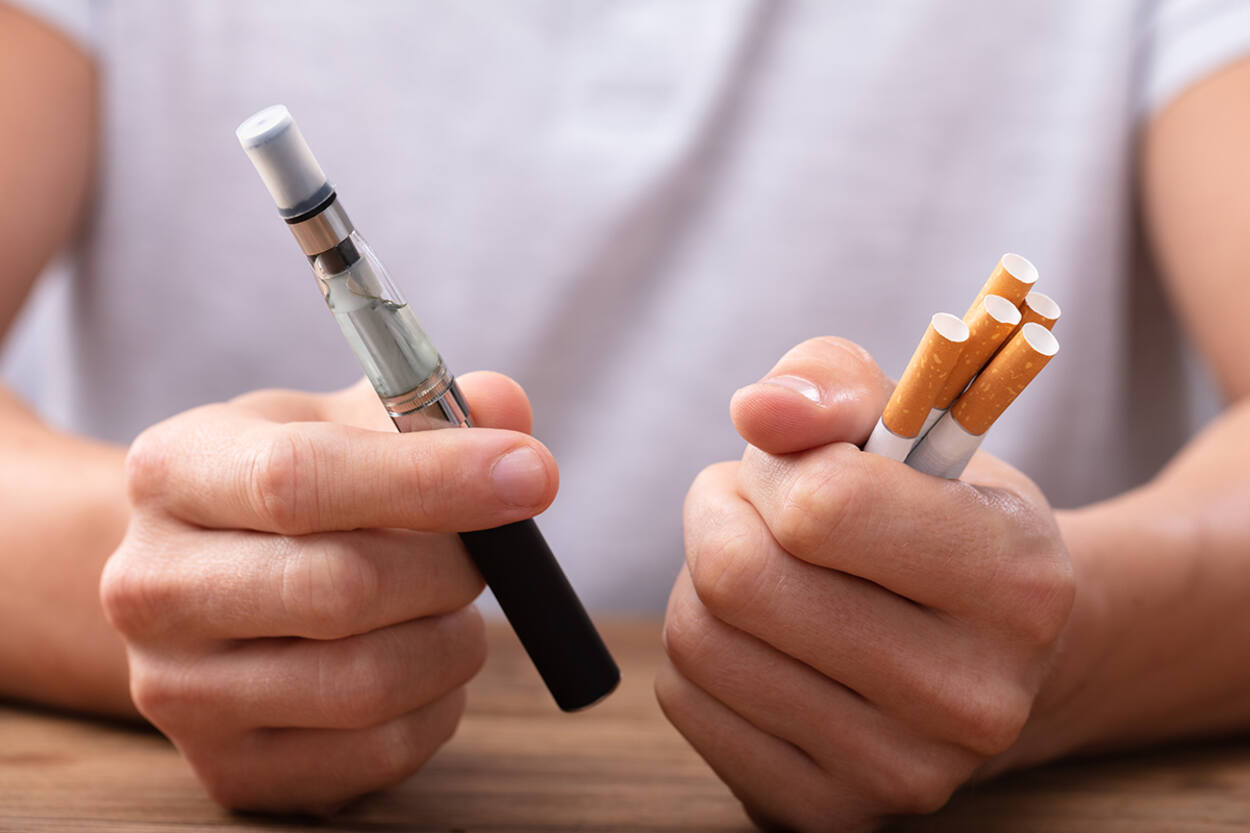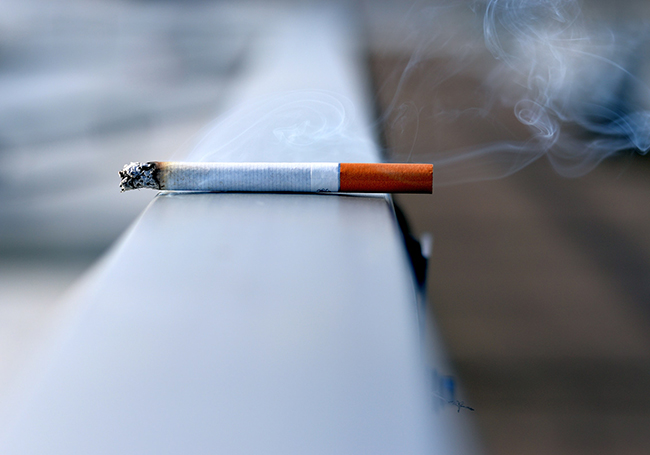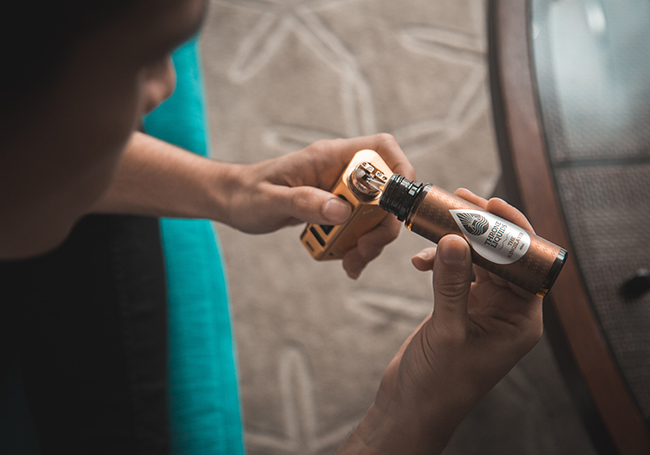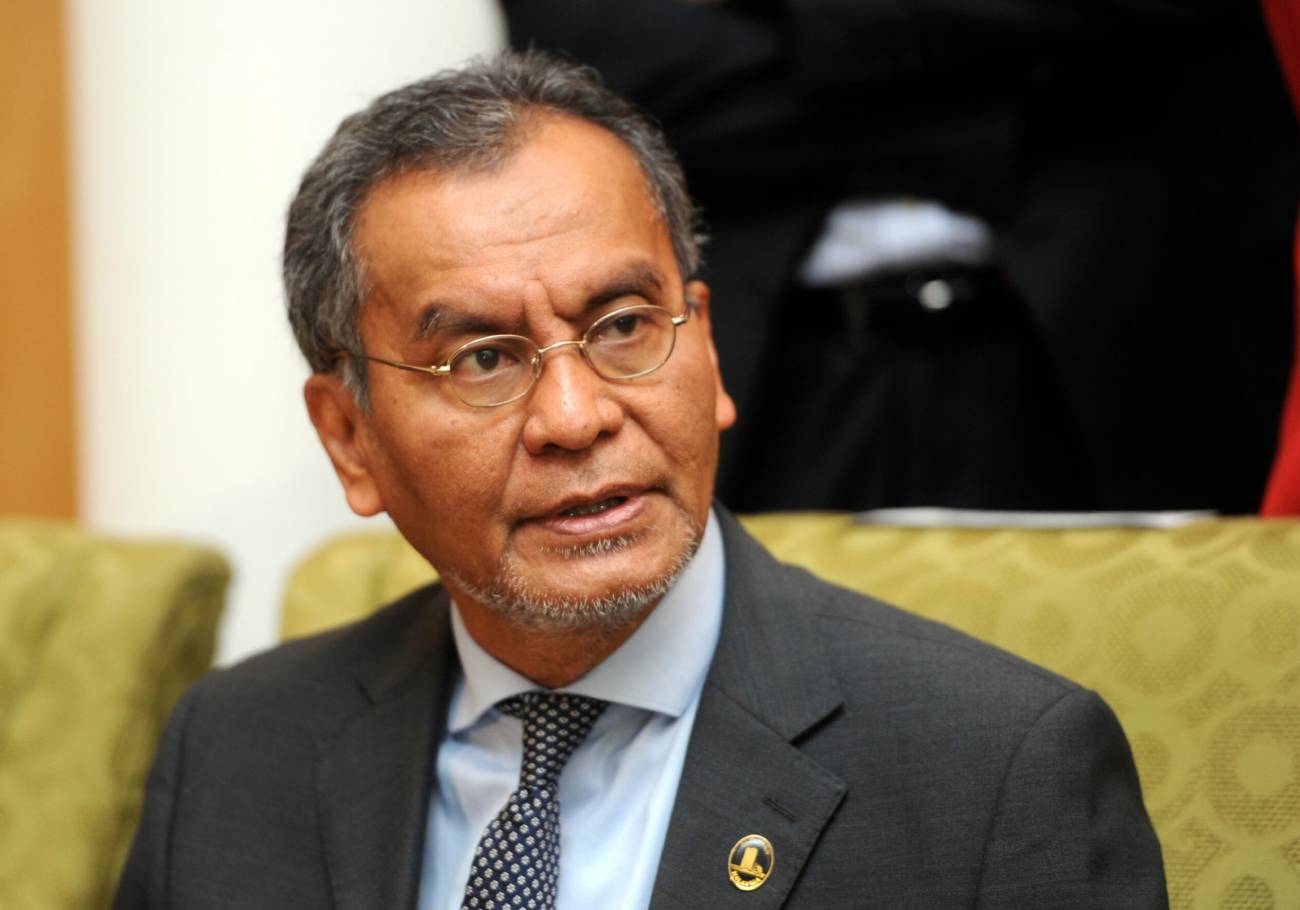
Malaysia’s Anti-Smoking Law is expected to be enforced by October 2024, marking a significant step towards curbing smoking and vaping, particularly among the nation’s youth.
Health Minister Dzulkefly Ahmad announced that the Smoking Products Control Act for Public Health 2024 is in its final stages, with all necessary regulations approved by the Attorney General’s Chambers (AGC).
Final preparations underway for Anti-Smoking Law

The long-awaited Anti-Smoking Law is poised for implementation after a brief delay, according to Health Minister Dzulkefly Ahmad.
“We are in the final phase,” he confirmed.
“This October, God willing, we will launch four regulations and one order, all of which have been approved by the AGC.
We had hoped for a September launch, but if not, it will certainly be in October.”
The Control of Smoking Products for the 2024 Public Health Act, passed in the Dewan Rakyat last November and gazetted in February this year, will oversee the registration, advertising, sales, and purchase of tobacco products, including smoking materials and substitutes.
The Act is particularly focused on restricting access to these products for minors, aligning with the government’s broader goal of fostering a smoke-free generation.
A comprehensive approach to combat smoking and vaping

The Anti-Smoking Law is part of a broader strategy that requires the cooperation of the entire government and society, including non-governmental organisations, educators, retailers, and enforcement bodies.
Dzulkefly emphasised the need for a united front in combating the smoking and vaping culture that has taken root, particularly among young Malaysians.
“We must be united in curbing the smoking and vaping culture. For those who don’t smoke, don’t start, and for smokers, seek help to kick the habit at health clinics nearby,” urged Dzulkefly.
While the new law does not include the Generational End-Game (GEG) proposal—which aimed to ban the sale and use of all smoking materials, including e-cigarettes, to anyone born on or after January 1, 2007—it nonetheless introduces stricter controls, particularly regarding the sale of vape products to minors.

This is in line with Article 5.3 of the World Health Organisation’s Framework Convention on Tobacco Control (WHO FCTC).
The urgency of these measures is underscored by data from the National Health and Morbidity Survey (NHMS), which shows a decrease in conventional cigarette use among teenagers aged 13 to 17, from 13.8% in 2017 to 6.2% in 2022.
However, vaping among this age group has alarmingly increased from 9.8% to 14.9% over the same period. “This is a wake-up call for all of us,” warned Dzulkefly.
As the Anti-Smoking Law approaches its enforcement date, the government urges all Malaysians to support this initiative.
The goal is clear: to reduce smoking and vaping, especially among the younger generation, and to pave the way for a healthier, smoke-free Malaysia.










